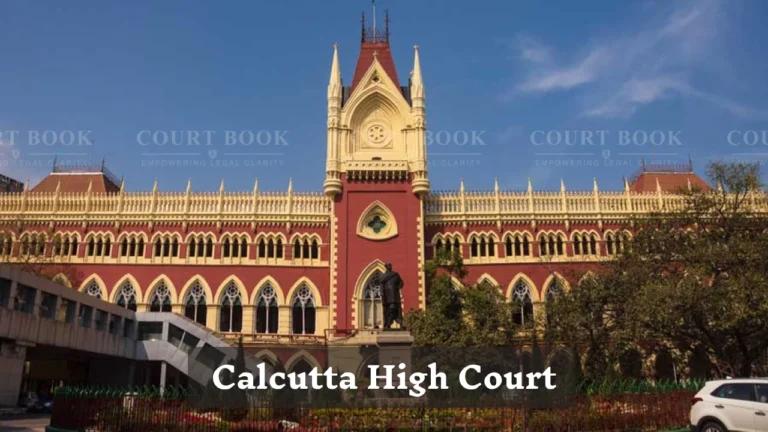The Calcutta High Court recently overturned an order by the Patent Controller that had denied ITC Limited a patent for its invention, "A Heater Assembly to Generate Aerosol." The rejection was made citing public morality and health concerns under Section 3(b) of the Patents Act, 1970. However, the Court found that the decision lacked proper scientific reasoning and violated principles of natural justice.
Court’s Key Finding
Justice Ravi Krishan Kapur, while delivering the verdict on May 20, 2025, emphasized:
“A preconceived and subjective notion that all tobacco products cause serious harm without scientific evidence is unsustainable. The decision branding the invention as against public order and morality is cryptic and lacks any factual foundation.”
Read Also:- Calcutta High Court Grants Relief to Teachers Over Protest Clash with Police
Background of the Case
ITC Limited had filed for a patent on a heater assembly that produces aerosol for user inhalation. This invention addresses the growing demand for portable devices capable of generating inhalable aerosol through uniform heat distribution.
However, the Patent Controller rejected the application, citing that the invention could negatively affect public health and morality, and falls under the non-patentable clause of Section 3(b). This section bars inventions whose commercial use may harm public order, morality, or life.
Arguments and Observations
The appellant (ITC) argued that the Controller wrongly interpreted the invention, treating it as inherently tobacco-based and prejudicial to human health. ITC also pointed out that the decision was made using documents not previously shared, violating their right to respond.
“The grant of a patent does not imply the right to use or sell the invention,” the Court stated. “It merely gives the inventor the right to stop others from copying it.”
Read Also:- Calcutta High Court Rules Arbitrator Is Right Authority for Interim Relief During Arbitration
Justice Kapur noted that patent rights are exclusionary and do not automatically allow commercialization. The Controller’s assumption that granting a patent equals approving its public sale was fundamentally flawed.
Court Criticism of Controller’s Approach
The Court criticized the Controller for:
- Relying on assumptions rather than technical or scientific analysis.
- Not providing valid reasons or evidence.
- Referring to Article 47 of the Constitution, which was deemed irrelevant in patent evaluation.
- Using additional documents in the final decision without prior notice, breaching natural justice.
The Court also referenced national and international principles, including Article 53(a) of the European Patent Convention and past judgments, to clarify how terms like “public order” and “morality” should be understood.
Important Precedent and Clarification
The Court reaffirmed that tobacco-related products are not automatically unpatentable in India. Patent evaluation must consider the invention’s intent and practical use, not assumptions or unrelated laws like the Electronic Cigarettes Act, 2019.
“Section 3(b) should not be a tool for subjective interpretations of morality or public health without strong scientific backing,” the judgment concluded.
The Court set aside the Patent Controller’s order and directed a fresh evaluation of the application within three months. It stressed the need for a fair hearing and evidence-based judgment, leaving all questions open for reconsideration.
Case Title: ITC LIMITED VS THE CONTROLLER OF PATENTS DESIGNS AND TRADEMARK
Case No: IPDPTA/13/2024















